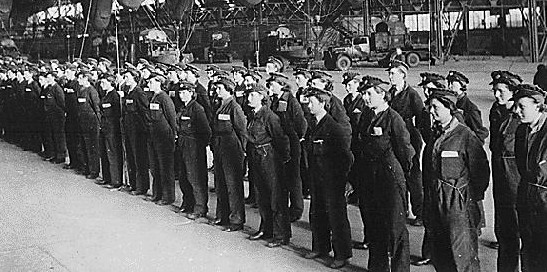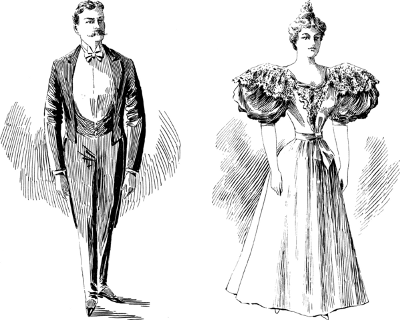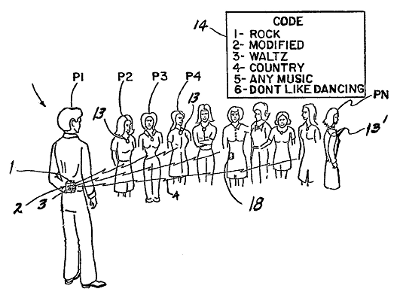
In December 1941, after eight months in the British Women’s Auxiliary Air Force, 19-year-old Nina Masel observed that “the main consequence of a lot of women living together seems to be that … conventional barriers and restraints are torn down and conversation gets down to bedrock.” The women all shared the same circumstances and had the same goal, so there was no point in pretending otherwise.
“And what is this thing we’re all after?” she asked. “Obviously, a man.” She estimated that 85 percent of the women’s conversation was about men, 15 percent about domestic and shop matters, and “a negligible proportion” about other things. So frank was the women’s talk that Masel was able to write out the rules of “The Great Man-Chase”:
1. Quality: The desirable qualities are rank, wings, looks, money, youth in that order. Rank is unbelievably important. There’s a Wing-Commander here whose only redeeming feature is that he’s young. He isn’t good-looking, he’s owned to be a great bore and he’s extremely ‘fast’ (which is not a recommendation) yet he could go out with any woman on the station he cared to ask. No one would refuse. … The height of sex-rank is commission and wings. Higher commission, the better. Sergeant pilots and ground commissions tie for second place. This includes army officers. Ground stripes come a poor third. For the rest as far as most Ops girls are concerned, there is little hunting-value. In the term ‘looks’ I include charm, personality, etc. This counts only as a narrow comparison viz P/O [Pilot Officer] A is better than P/O B because he is more charming, but we’d rather go out with P/O B who is not charming, than with Sergeant C who is (and he’s good-looking too). Members of the Army without commissions don’t get a look in at all …
2. Quantity: Naturally the more men one can fasten to one’s train the more prestige one gains in the Chase.
3. Intensity — a deliberately vague term embodying length of affair, extent of ardour and its manifestations.
The longer a woman could keep a man, the higher she ranked in the competition, particularly if he was passionately attached to her. “It seems to me that practically the entire object of the Chase is a matter of vanity and prestige,” Masel concluded. After participating in the Chase for a few months she had found:
a. “That I am happiest when I am conducting two or three successful affairs with eligibles as above.”
b. “That I am second happiest when I am pretending to other girls that they are successful affairs as above.”
“A girl in our Control had been trying very hard to get a date with a new officer,” she wrote. “She was sitting next to him in the Ops room one day full of concentration in her conversation when suddenly she smiled, looked across at me, and mouthed the words ‘Got him!'”
(From Angus Calder and Dorothy Sheridan, Speak for Yourself: A Mass-Observation Anthology, 1937-49, 1984.)





